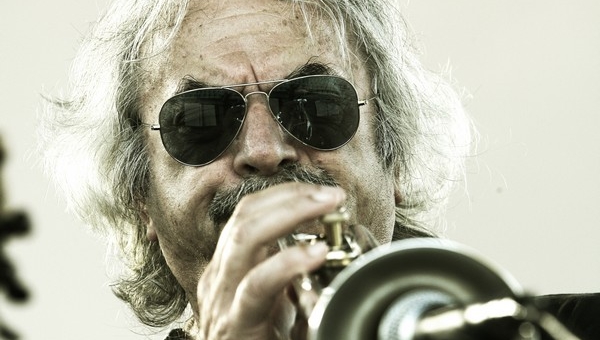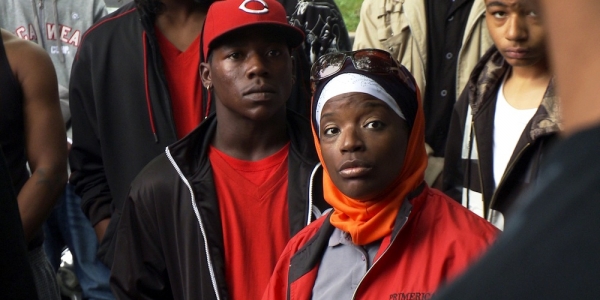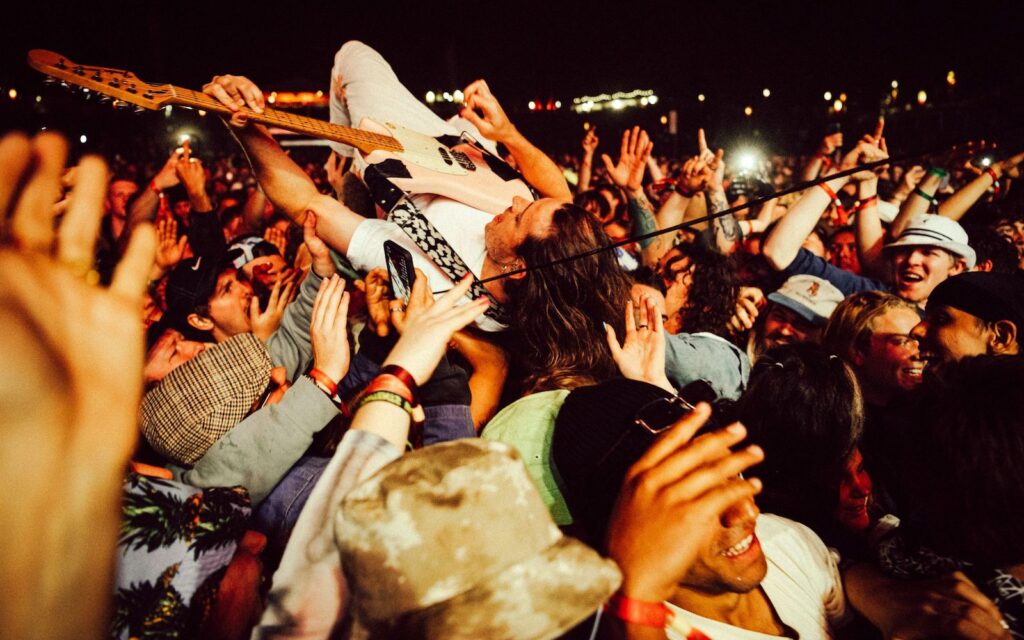So what’s it like chatting to a jazz legend? Well, the good news is that Rava is warm, funny, generous and easy-going. In response to an opening question about the secret to his longevity as a musician, he replies with a laugh: “The secret is to be still alive!” This playfulness and absence of ego sets the tone for an illuminating and inspiring conversation.
Rava has worked with a diverse range of musicians throughout his career, yet there is something that they all share. “For me, the main thing is that they have to share with me the same vision of music, the same tastes and the same goals to reach in the music,” explains Rava. “Sometimes I play with very young musicians but I play with a beautiful Italian trombone player who is 84. As long as they share with me the same vision of music I can play with integrity. Many musicians feel that jazz is a music that started with Bebop and finished at the end of the ’60s so they play that style. For me jazz is something that started at the beginning of last century and is still going on. From New Orleans to electronic music, I’m into all that. Whoever feels like me about jazz is welcome to play with me.”
Although born in Trieste, Italy in 1939, Rava lived in New York from the late ’60s to the mid-’70s. His immersion in New York’s thriving jazz scene had a profound influence on him as a musician. “When I moved to New York, the geniuses that invented this music were still alive and still playing,” he recalls. “They were playing in clubs; Miles in one place, Coltrane in another place. Everybody was still alive. The artistic level was so high that it was not enough to play well. You had to have a special thing. I [learnt] that I had to play [in such a way] that every note counts and I had to play with the same feeling as if I knew it was going to be my last time, my last day. I never got into routine or thought ‘Shit, who cares?’ You needed to play as if it was sacred.”
One of Rava’s more left-field musical experiences in New York was his participation in the rock band Gas Mask who released Their First Album in 1970. On tracks such as The Immigrant, Gas Mask laid down some seriously funky grooves. “Gas Mask was a short experience,” he laughs. “I did it when I moved to New York as I really needed to buy some furniture for the house. I needed some bread so I accepted being part of that. It wasn’t the kind of thing I wanted to do but the money was pretty good. But it was a wonderful experience because we played as an opening act for Sly and the Family Stone in many concerts through the States. My fun was not playing in the band but listening to Sly and the Family Stone as they were so far ahead even in terms of what kinds of instruments [and gear] they had [such as radio microphones and Marshall amps]. We even played as the opening act for Janis Joplin.”
It may seem surprising that a jazz great shaped by the heady New York scene of the late ’60s and early ’70s would release an entire album of Michael Jackson songs, yet Rava views Jackson as an important artist worthy of tribute. “I think he is one of the greatest artists of the twentieth century as a performer, as a singer, as a composer, as a dancer,” he says. “I didn’t try to make a jazz version of Michael Jackson tunes. I stayed very close to the originals rhythmically and with the arrangements. I didn’t try to make it swing in a jazz way as it swings anyway.”
Although he clearly has a deep love for Jackson’s music, Rava maintains his passion for jazz. He explains, at its best, the playing of jazz involves the attainment of “a perfect democracy where everybody gives what everybody else needs and everybody gets what they need and nobody imposes their ego. This is very special. You feel a moment of happiness that is very impossible to reach in another situation. This keeps me willing to play.”
BY GRAHAM BLACKLEY







